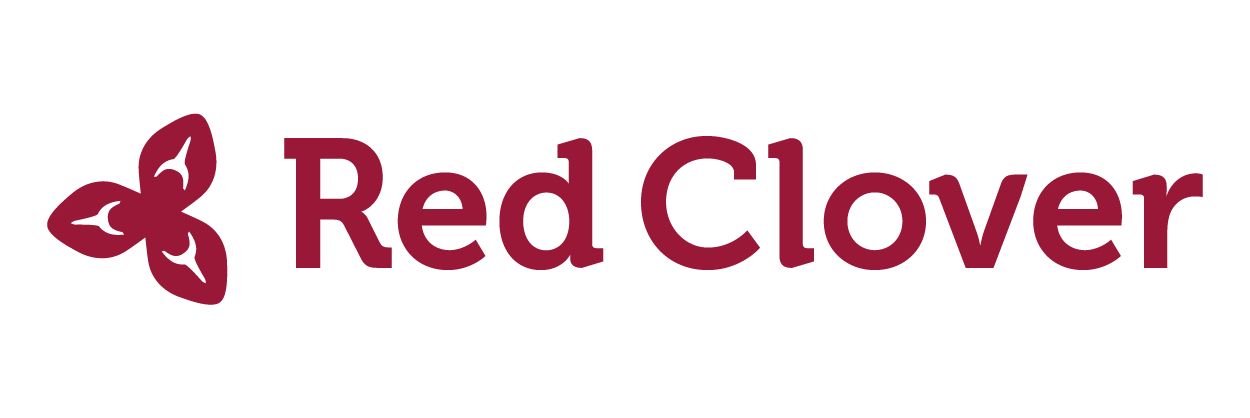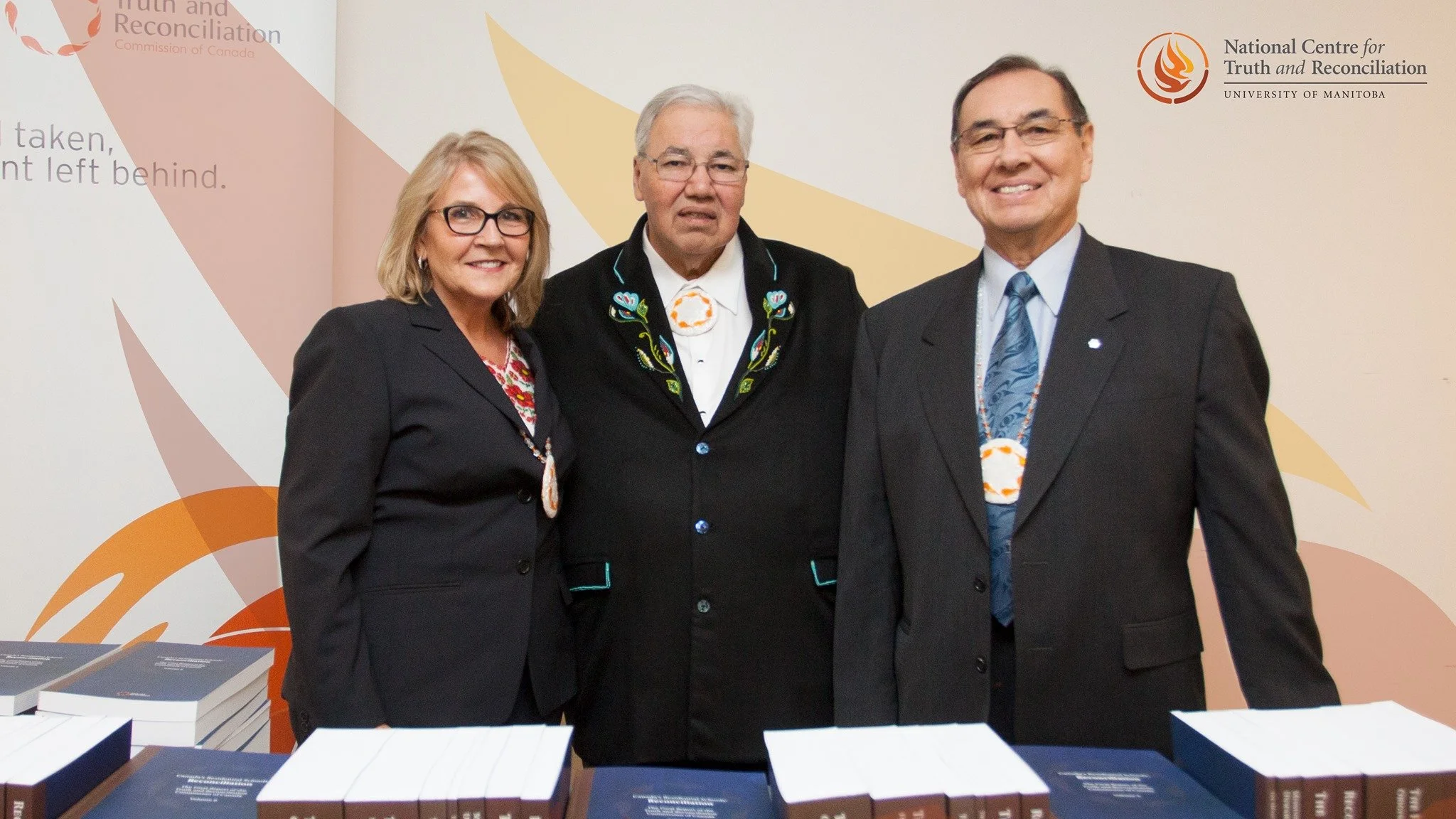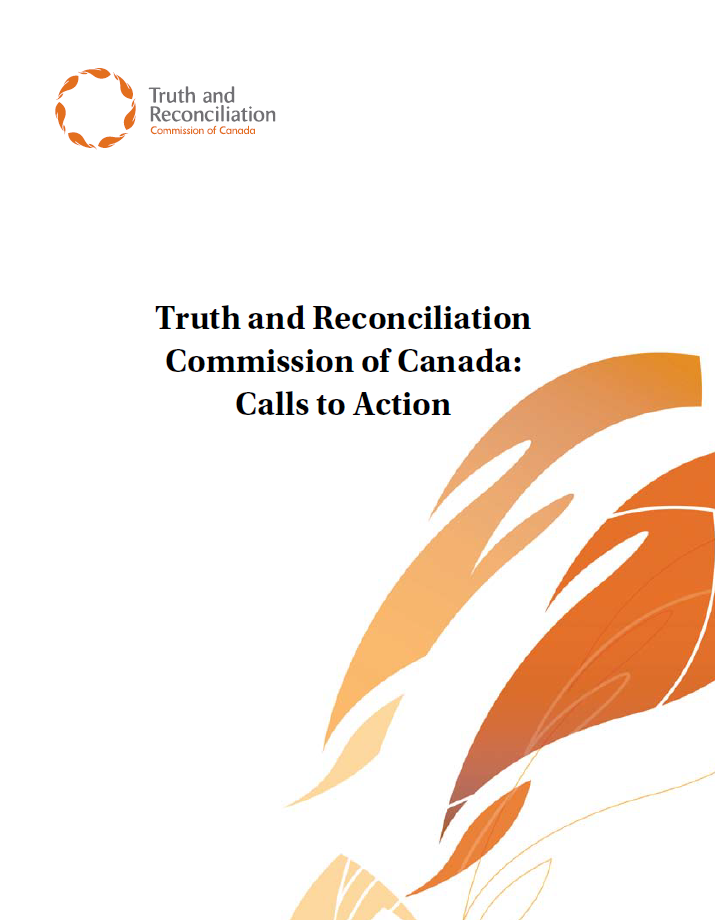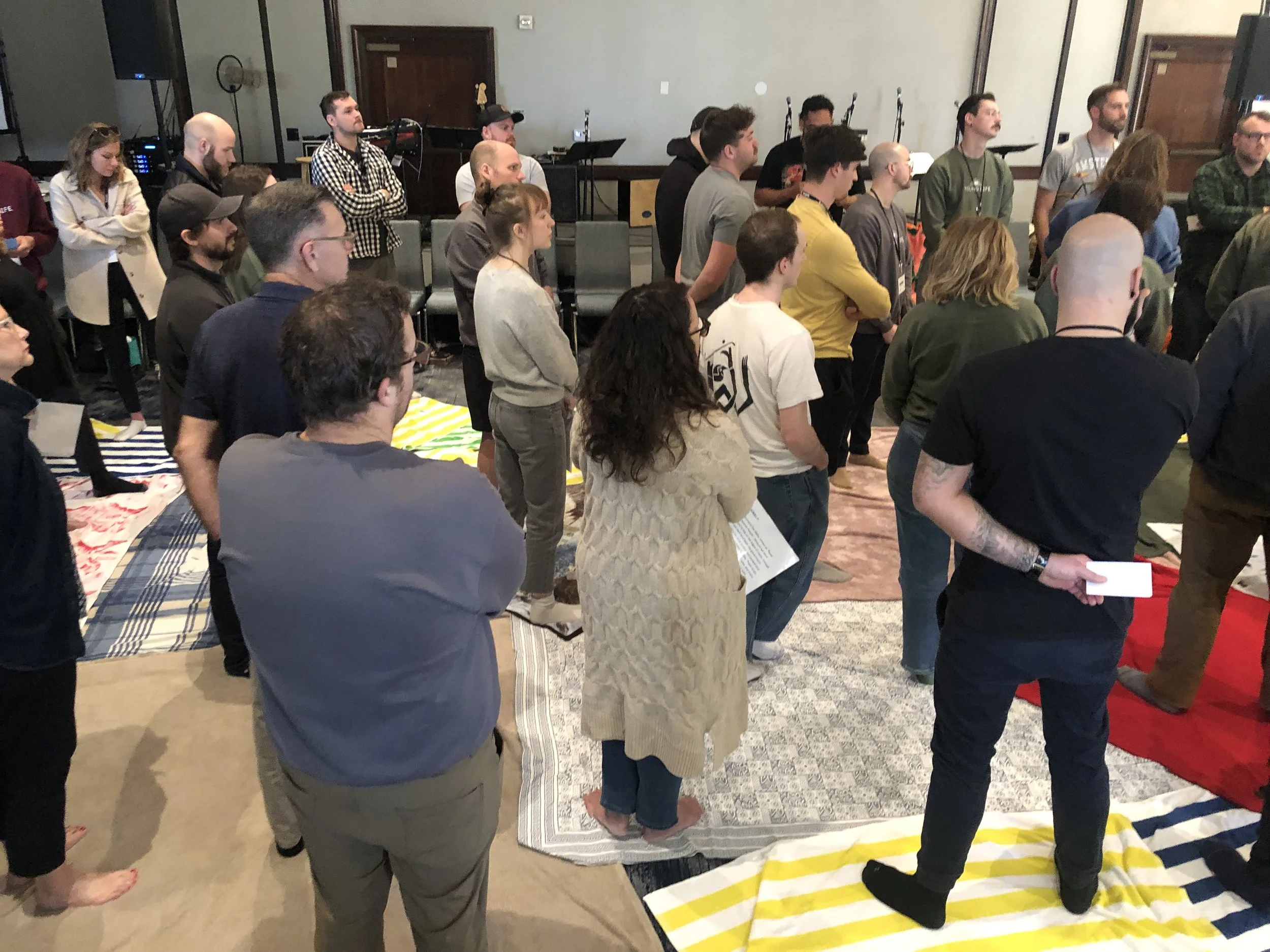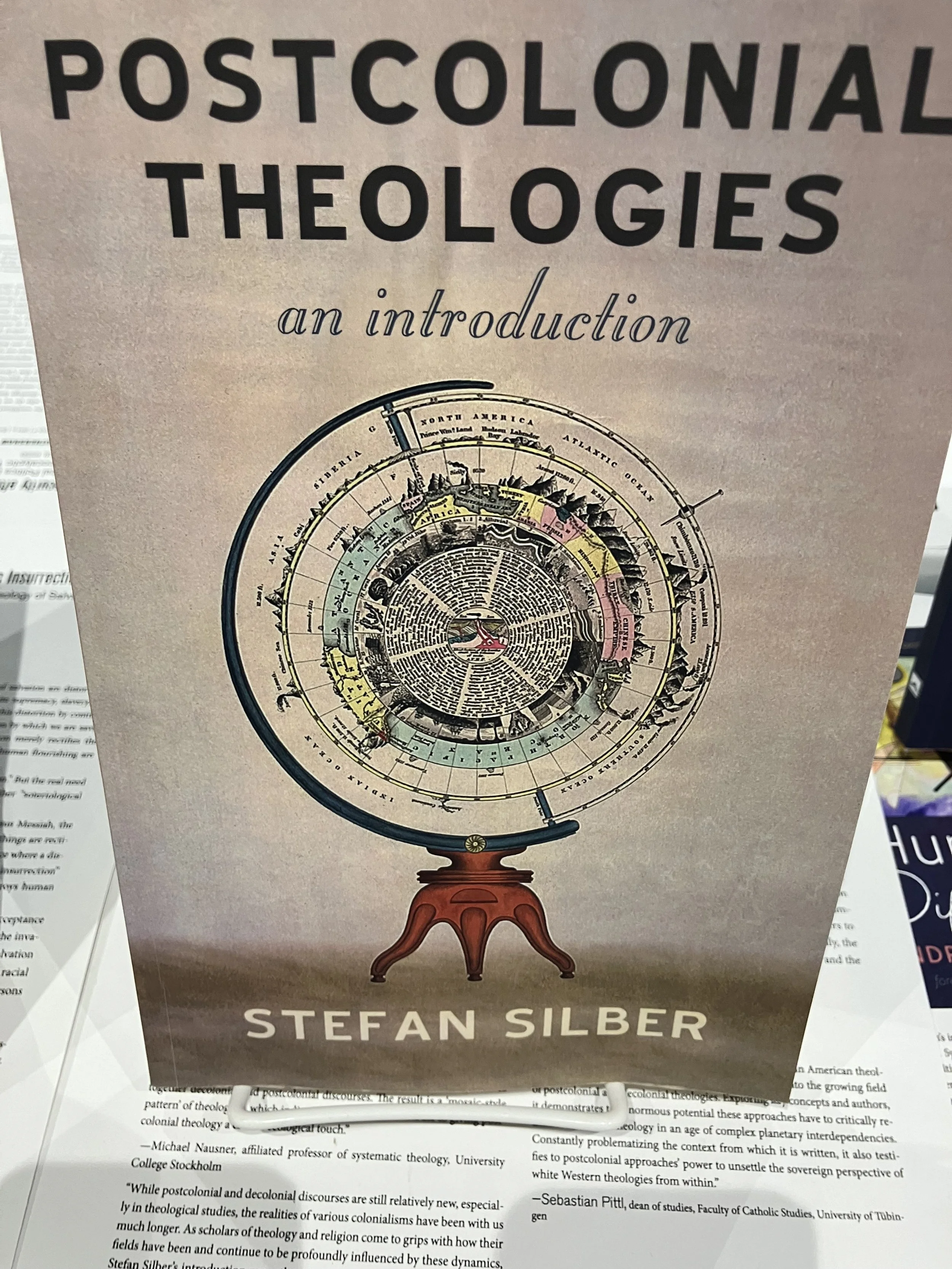“We have described for you a mountain, we have shown you the path to the top. We call upon you to do the climbing.”
-Murray Sinclair, chair of the Truth and Reconciliation Commission of Canada (TRC) at the presentation of the TRC Final Report.
This resource will help orientate you to this path provided by the commission. This is also, as the title suggests, an invitation to act — to listen and respond to what has been asked of Canadians in the ongoing work of justice and healing.
94 Calls to Action from the Truth and Reconciliation Commission
What are the 94 Calls to Action?
Established in 2008, the TRC completed its mandate in 2015 with the presentation of its final report, which comprehensively documents the policies and operations of the residential school system and shares the stories of Survivors and anyone personally affected by the residential school experience.
The final report includes Ten Principles for Reconciliation and 94 Calls to Action. These principles and calls are extended to all Canadians and provide both the “what” and the “how” of meaningful movement toward truth and reconciliation.
The report states, in a section titled We are all Treaty people: Communities, alliances, and hope: “Reconciliation cannot be left up to governments, the courts, and churches alone. There must be dialogue and action in communities across the country. Reconciliation must happen across all sectors of Canadian Society.” (pg. 306 of the Executive Summary).
Since the Calls were issued in 2015, only a small number have been adequately answered.
Why is this important for Christians?
Christians are a people bound by covenant, within a story of restoration. As “Treaty people,” living on stolen land, we are invited by Scripture to a way of love, which includes seeking to bring wholeness to places of brokenness, and healing where there has been wounding. The Calls to Action are for us, as individuals and communities of faith.
Two specific calls can serve as a starting point for engaging the 94 Calls. They are directed toward the church and religious communities — calls 48 and 49.
Call 48: Adopting the UN Declaration on the Rights of Indigenous Peoples as a framework for reconciliation
In this call, churches are asked to make these commitments:
i. Ensuring that their institutions, policies, programs, and practices comply with the United Nations Declaration on the Rights of Indigenous Peoples.
ii. Respecting Indigenous peoples’ right to self-determination in spiritual matters, including the right to practise, develop, and teach their own spiritual and religious traditions, customs, and ceremonies, consistent with Article 12:1 of the United Nations Declaration on the Rights of Indigenous Peoples.
iii. Engaging in ongoing public dialogue and actions to support the United Nations Declaration on the Rights of Indigenous Peoples.
iv. Issuing a statement no later than March 31, 2016, from all religious denominations and faith groups, as to how they will implement the United Nations Declaration on the Rights of Indigenous Peoples.
Learn more about the UN Declaration on the Rights of Indigenous Peoples here.
Call 49: Repudiation of the theological teachings used to justify European Colonization
The Doctrine of Discovery is a system of beliefs, created out of the church, that denies the full humanity of Indigenous Peoples and justified the domination of another’s land under the guise of mission. It remains embedded in Canadian Law and is part of both Canada’s legacy and the church’s.
Call 49 reads:
We call upon all religious denominations and faith groups who have not already done so to repudiate concepts used to justify European sovereignty over Indigenous lands and peoples, such as the Doctrine of Discovery and terra nullius.
Next Steps
In addition to the resources linked above, considering taking the time to read all 94 Calls to Action as issued by the Truth and Reconciliation, as well as their 10 Principles for Truth and Reconcilation.
Red Clover is keen to journey with you. Please watch our invitation, below.
Additional Resources
Yellowhead Institute
Based in the Faculty of Arts at Toronto Metropolitan University, the institude provides resources and policy perspectives on a range of Indigenous issues.
Indigenous Watchdog
Regularly updated (as of 2023), this website tracks the progress — or lack thereof — in the response to the TRC Calls to Action.
Statement from the Faith in the Declaration Coalition
One response to the Calls to Action from an ecumenical coalition in Canada.
Let’s journey together.
At Red Clover we’re keen to accompany you as you continue to move toward right, just, and whole relationships with Indigenous Peoples.
Red Clover works with churches through our ministry Healing at the Wounding Place, and offers speaking and consulting services to a wide range of groups and organizations.
Fill in the contact form to get in touch with us!
Was this resource helpful?
Support
Consider donating to help us create more resources.
